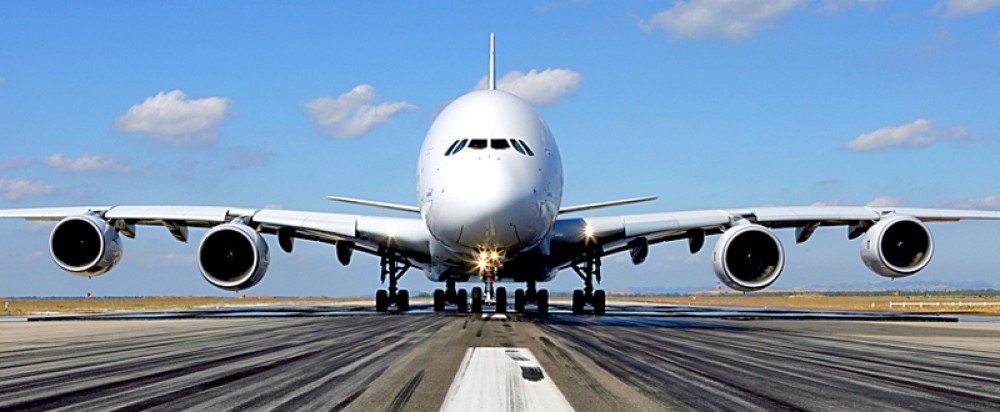The following is a comment portraying my opinions about Karan Girotra and Serguei Netessine’s blog article analyzing Amazon’s business models throughout time.
In their blog post in the Harvard Business Review, members of the faculty at French university Insead in Fontainebleau, Karan Girotra and Serguei Netessine, explain how Amazon has restructured its business model throughout time, especially regarding their logistics and operations.
Indeed, the blog post explains that in the early days of Amazon, it used to follow a policy of “sell all, carry few”, meaning it had little warehouses and used suppliers of their goods to directly and quickly deliver goods to customers. However, over time, Amazon has dealt with growing demand and extremely fast expansion, leading it somewhat inevitably to having to create warehouses fast. The outcome was however beneficial since it allowed Amazong to take on more sales, whilst maintaining the same efficiency in deliveries. Indeed as the post points out, what was once their key business model, had to be completely revised to move on. As somewhat of another step, Amazon now decided to take on the challenge of “same day delivery” within the USA, causing it to have to use yet more warehouses and therefore carry more.
As a conclusion, Amazon went from “sell all, carry few” to “sell all, carry a lot”. The post is very interesting since Amazon is of global concern and its explains to us how companies should revise their business models to beneficially develop their businesses.
Link to article: http://blogs.hbr.org/2013/11/amazon-constantly-audits-its-business-model/
